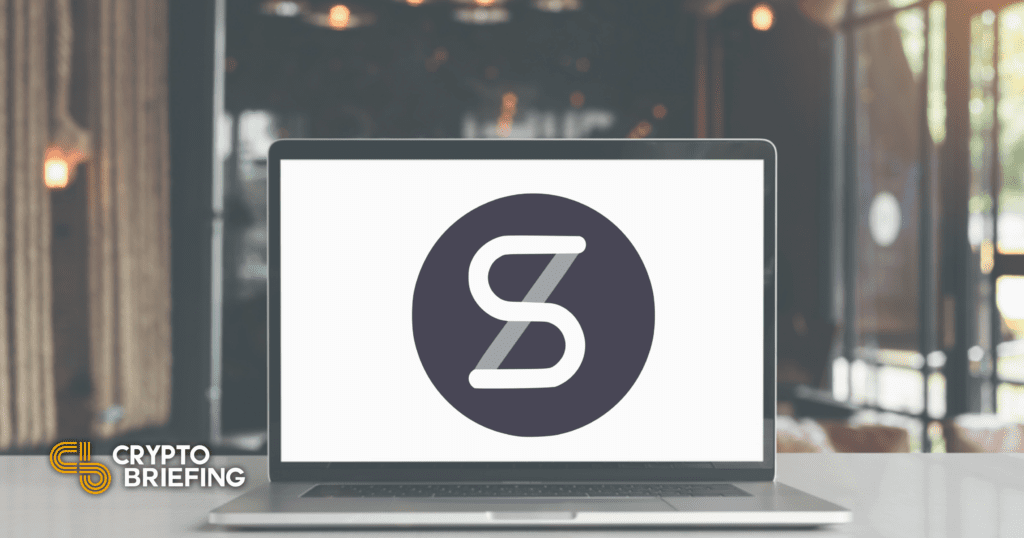Synthetix Goes Live on Layer 2 to Bypass Ethereum Fees
The decentralized exchange will improve its fees through Optimistic Ethereum.

Key Takeaways
- Synthetix has put its decentralized exchange on Optimistic Ethereum, a second layer network for Ethereum.
- This will reduce transaction fees and speed up price retrieval.
- Synthetix provides synthetic tokens—tokens that track the value of existing cryptocurrencies, currencies, and stocks.
Share this article
Synthetix has put its decentralized exchange on Optimistic Ethereum, a layer 2 network for the Ethereum blockchain.
Synthetix Promises Lower Fees
Synthetix explained that its decision to use a second-layer platform was motivated by Ethereum’s high transaction fees. “As with many other DeFi applications, high gas costs are a central component of the UX issues faced by Synthetix in the past,” it noted.
The project predicts that Ethereum gas fees will be about 50 times lower. It says that exchange fees will also be lower as well.
Until now, the exchange has relied on high-value transactions that were large enough to absorb transaction fees.
The change also improves oracle latency through Chainlink, meaning that price updates will be more frequent. Timelier updates will make it easier for users to get the rates they expect.
The feature is currently in the testing phase and can be used to trade four tokens (sUSD, sBTC, sETH, and sLINK).
Synthetix initially began to use Optimistic Rollups in September 2020. Then, in April, it introduced staking on Optimistic Ethereum.
Investors can access the new feature through Kwenta. More details can be seen in Synthetix’s original blog post.
What Are Synthetic Tokens?
Synthetix is among the 25 largest decentralized cryptocurrency exchanges, boasting a daily volume of $12.3 million.
The platform is different from other exchanges because it trades synthetic tokens—derivatives that track the value of existing assets.
Synthetix offers synthetic tokens for popular cryptocurrencies such as Bitcoin and Ethereum, as well as synthetic DeFi tokens, fiat currencies, and tech stocks like Facebook, Apple, and Google.
Disclaimer: At the time of writing this author held less than $75 of Bitcoin, Ethereum, and altcoins.
Share this article


